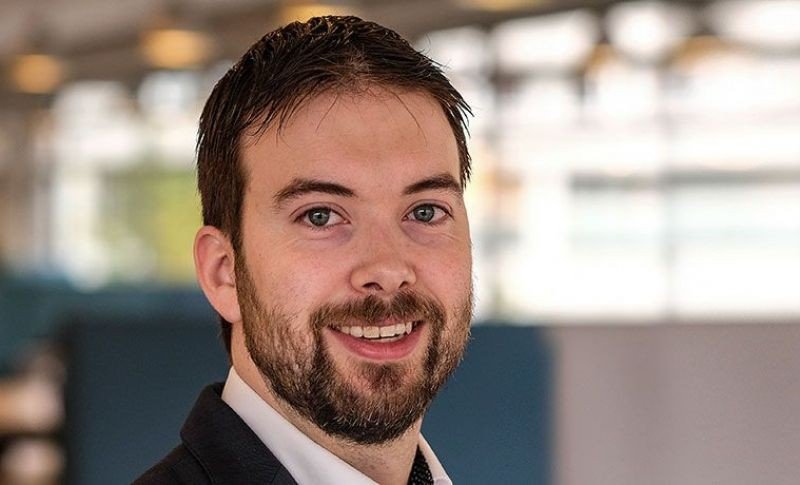Jordi Heijman
Associate professor
Dr Jordi Heijman studied Knowledge Engineering and obtained his PhD cum laude (a distinction awarded to only 5% of PhDs in the Netherlands) in April 2012, for his work on a joint project between the Dept. of Cardiology and the Dept. of Data Science and Knowledge Engineering at Maastricht University. As part of his PhD, he spent 1.5 years at the renowned Cardiac Bioelectricity and Arrhythmia Center, Washington University in St. Louis, USA under the supervision of Prof. Yoram Rudy. After completing his PhD, he worked as a postdoctoral fellow at the Medical Faculty Mannheim, Heidelberg University, and the Institute of Pharmacology, University Duisburg-Essen with Prof. Dobromir Dobrev. In April 2015, he was recruited back to Maastricht University to strengthen the translational axis between CARIM and the Maastricht UMC+ Heart+Vascular Center for their strategic focus area ‘cardiac arrhythmias’. He is currently working as an associate professor at the Department of Cardiology.
Jordi’s research combines experimental and computational methods to investigate the mechanisms of cardiac arrhythmias. His work is funded by prestigious grants (NWO Veni 2015, Dutch Heart Foundation/CVON Predict Young Talent Program 2017, NWO Vidi 2020). He has published >100 peer-reviewed articles, the majority as (shared-)first author, many in high-impact journals such as Circulation (3x), Circulation Research (8x), The European Heart Journal (1x), Nature Reviews in Cardiology (1x) and Science Translational Medicine (1x). These articles have been cited >3500 times, and emphasize the need for interdisciplinary research to advance the diagnosis and treatment of cardiac arrhythmias. His expertise is recognized as invited speaker for numerous international conferences, including the EHRA, ESC, AHA, ISHR and HRS meetings, and as referee for scientific journals and grant applications.
Furthermore, he serves on various committees, including the Strategic Board of CARIM, and as chair-elect of the ESC Working Group on Cardiac Cellular Electrophysiology. He is an associate editor for International Journal of Cardiology: Heart & Vasculature and in 2018 was Co-Chair of the 45thComputing in Cardiology conference. His work has received attention from several general media in response to a nomination for the popular science magazine NewScientist’s top 25 of young scientific talent 2016.




